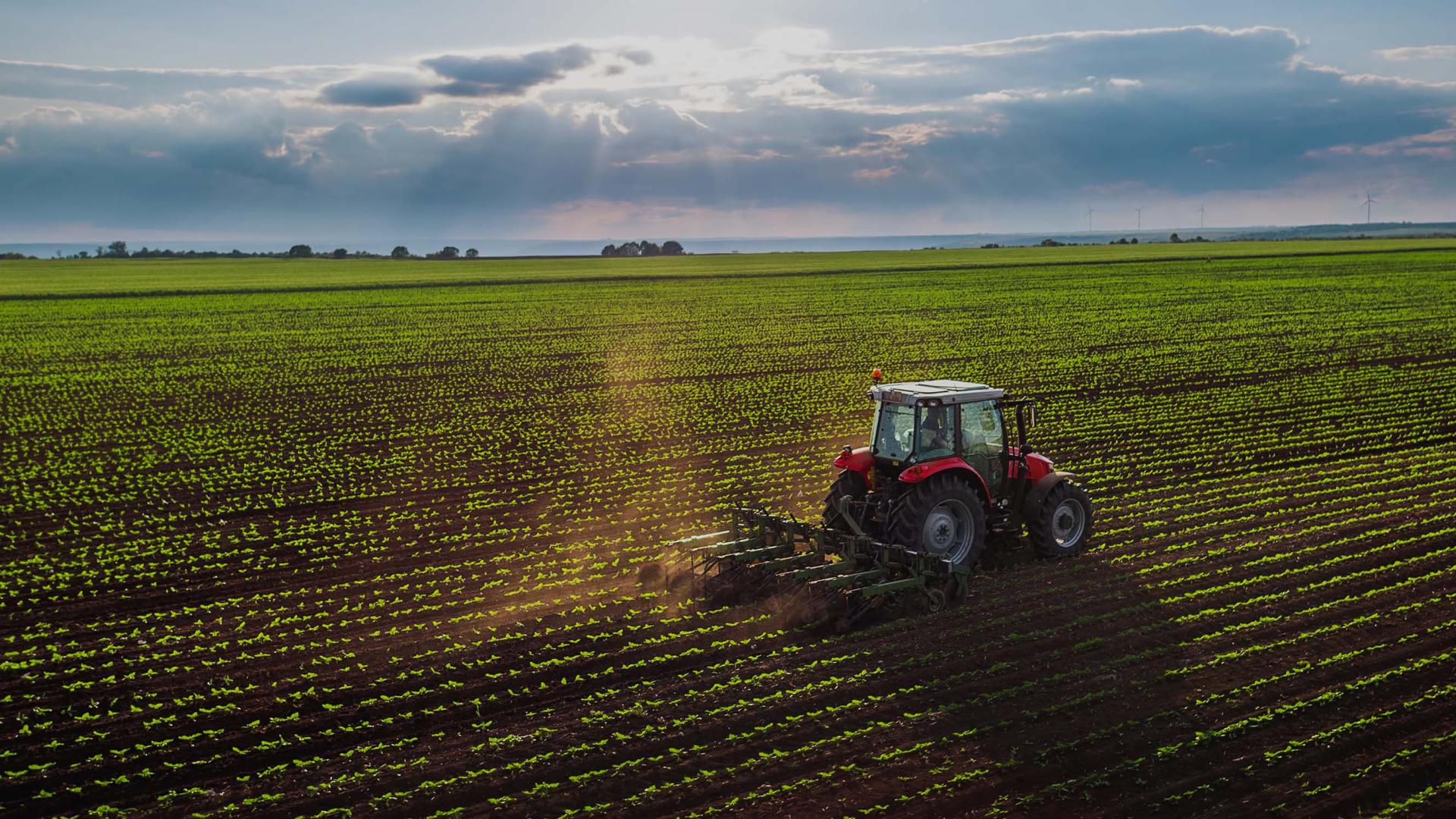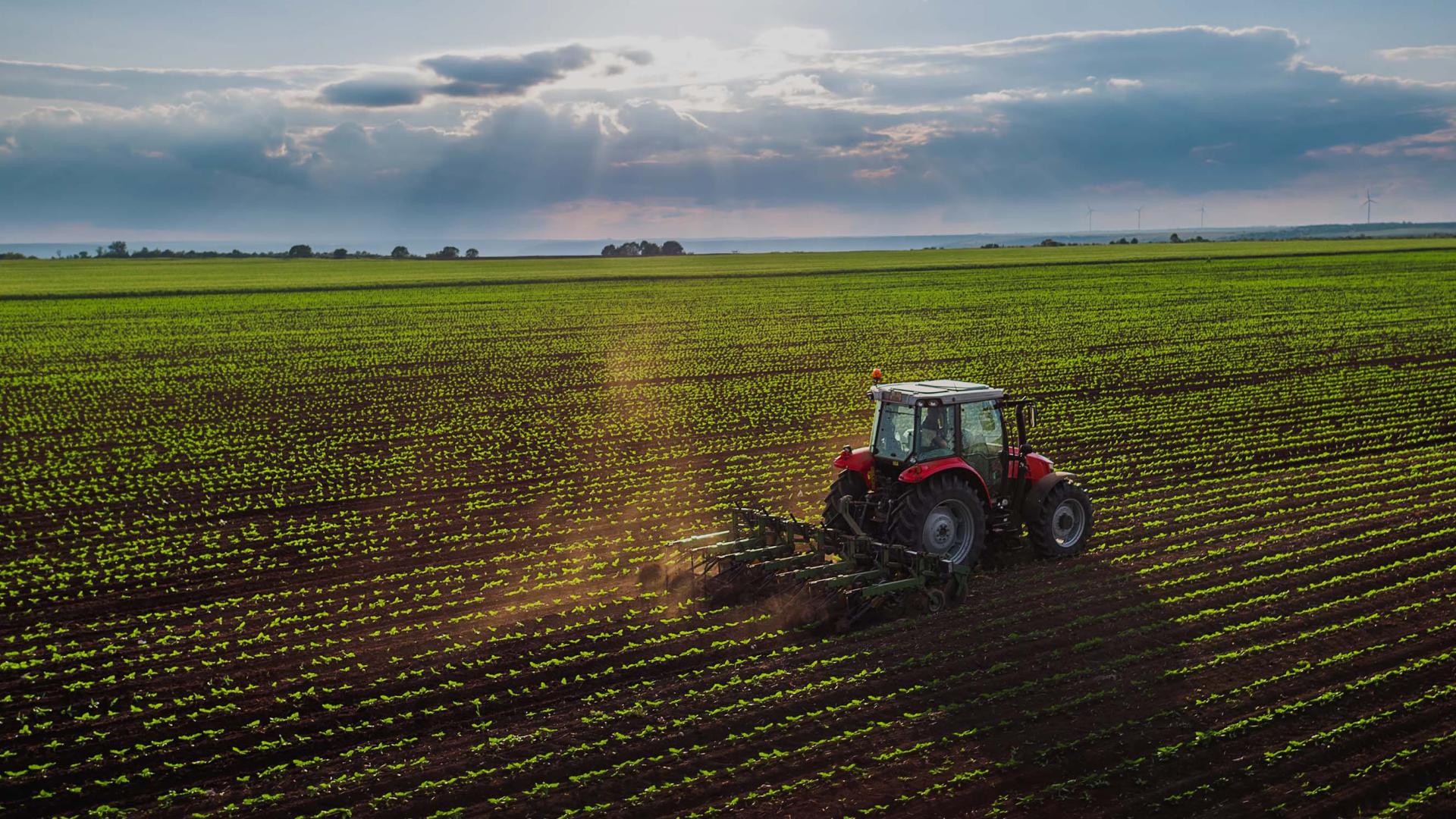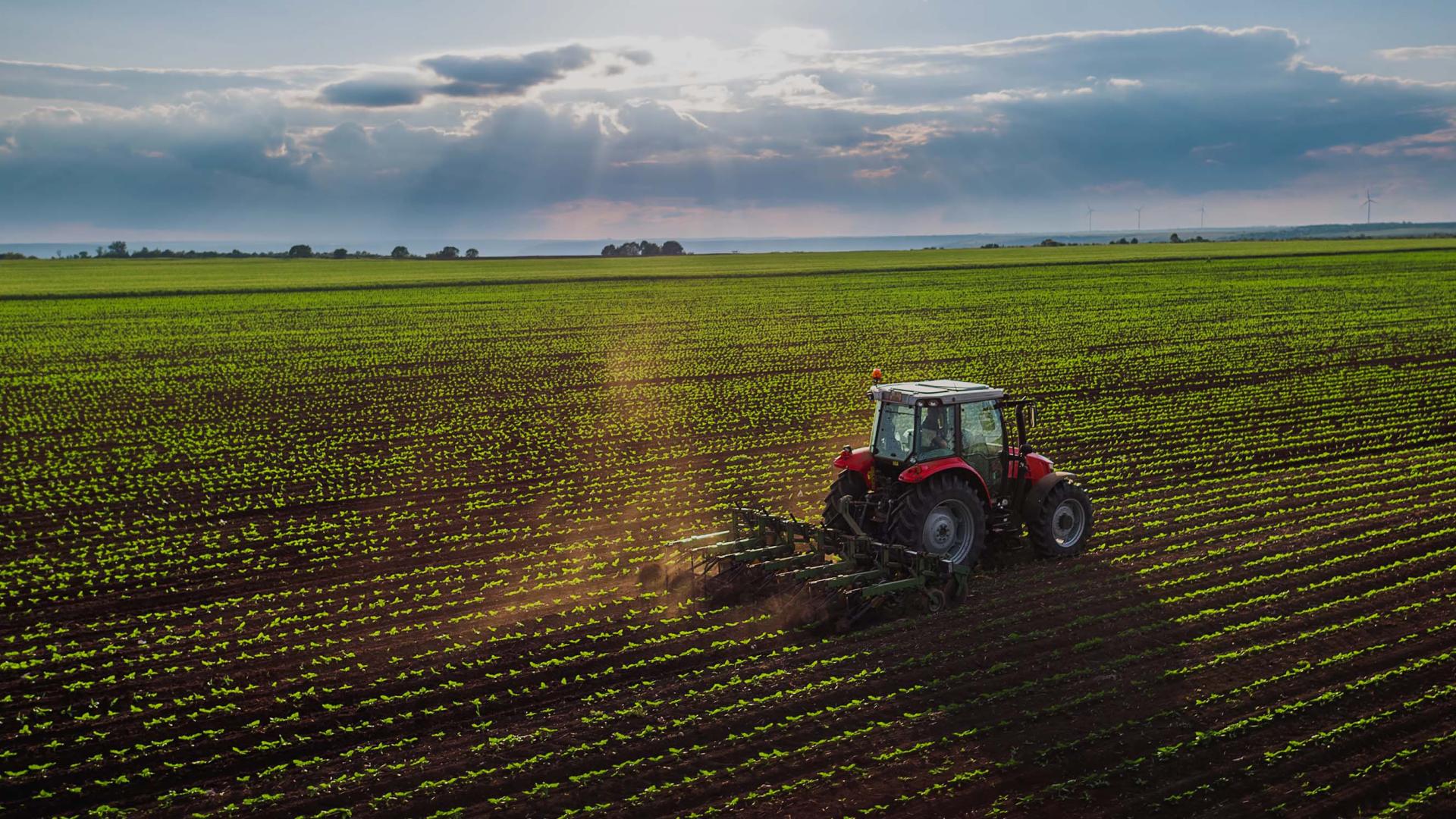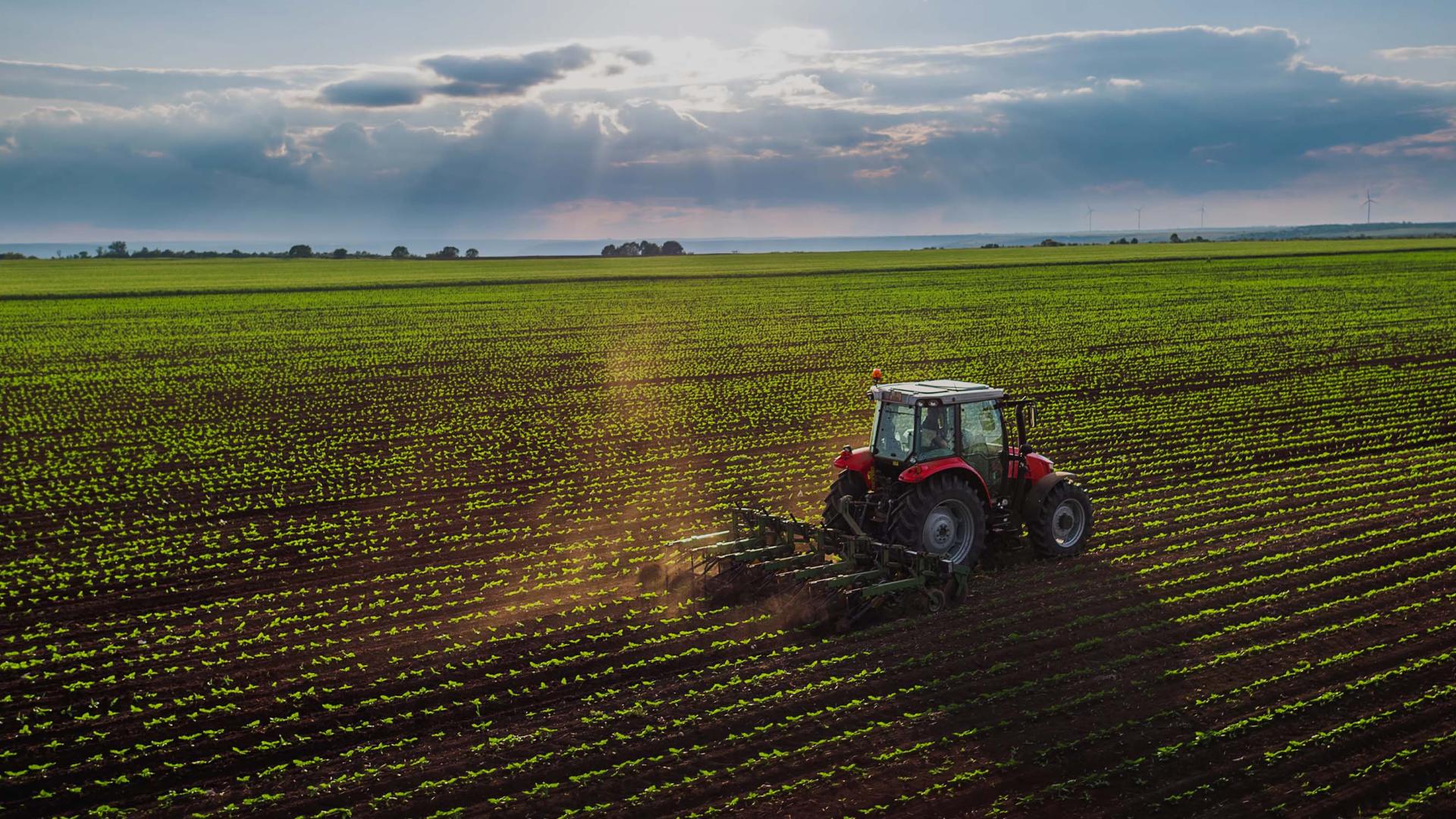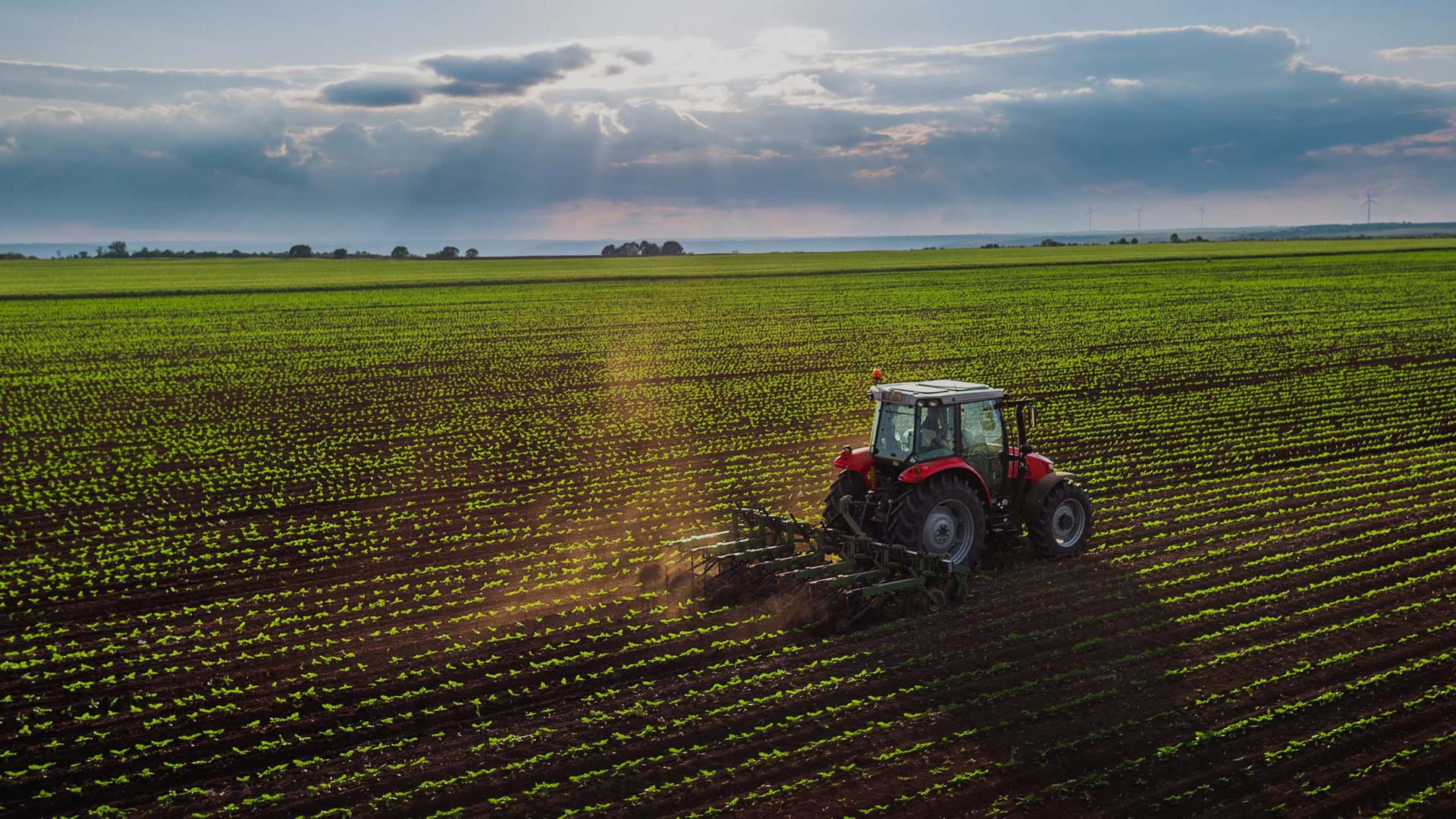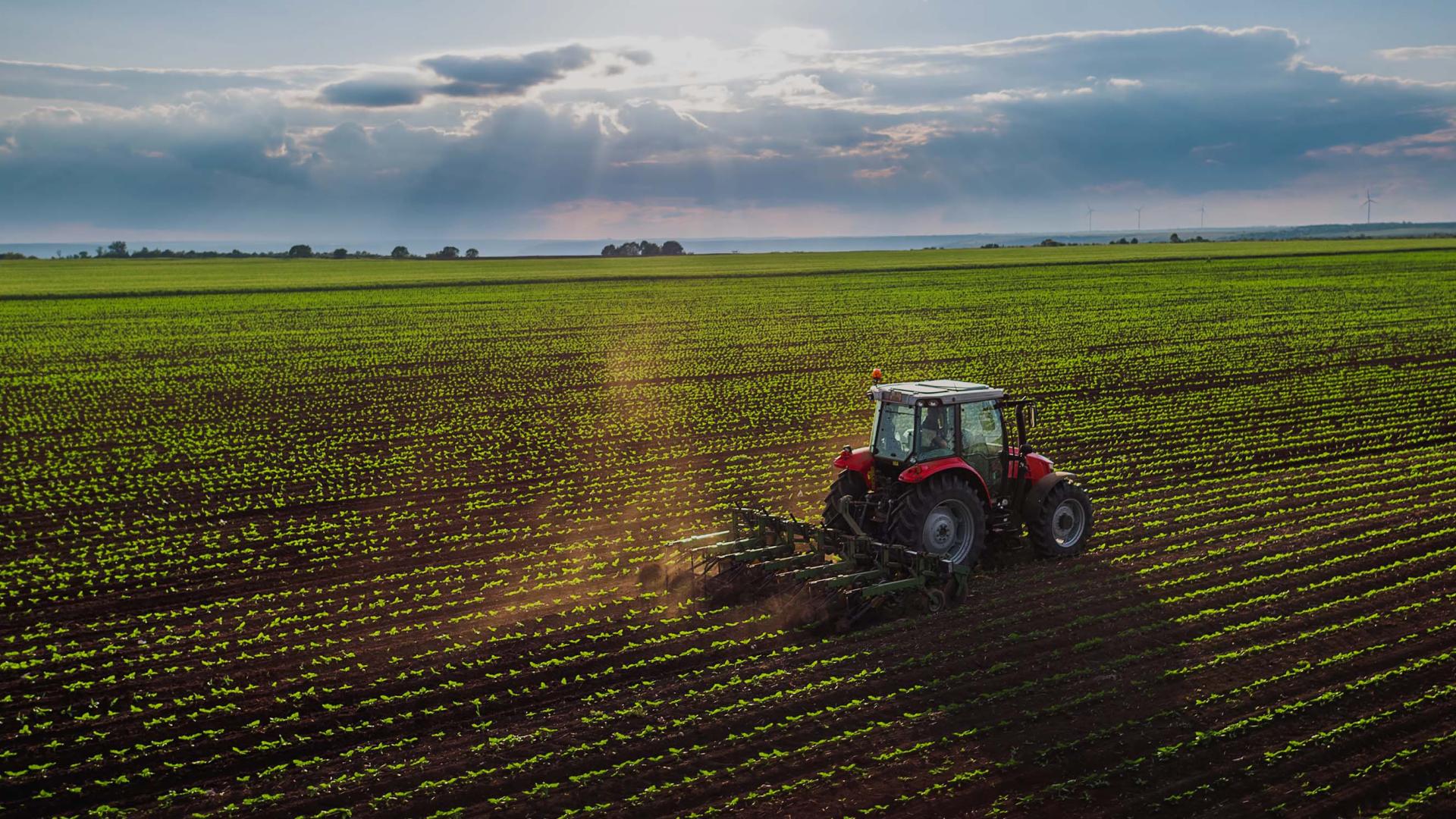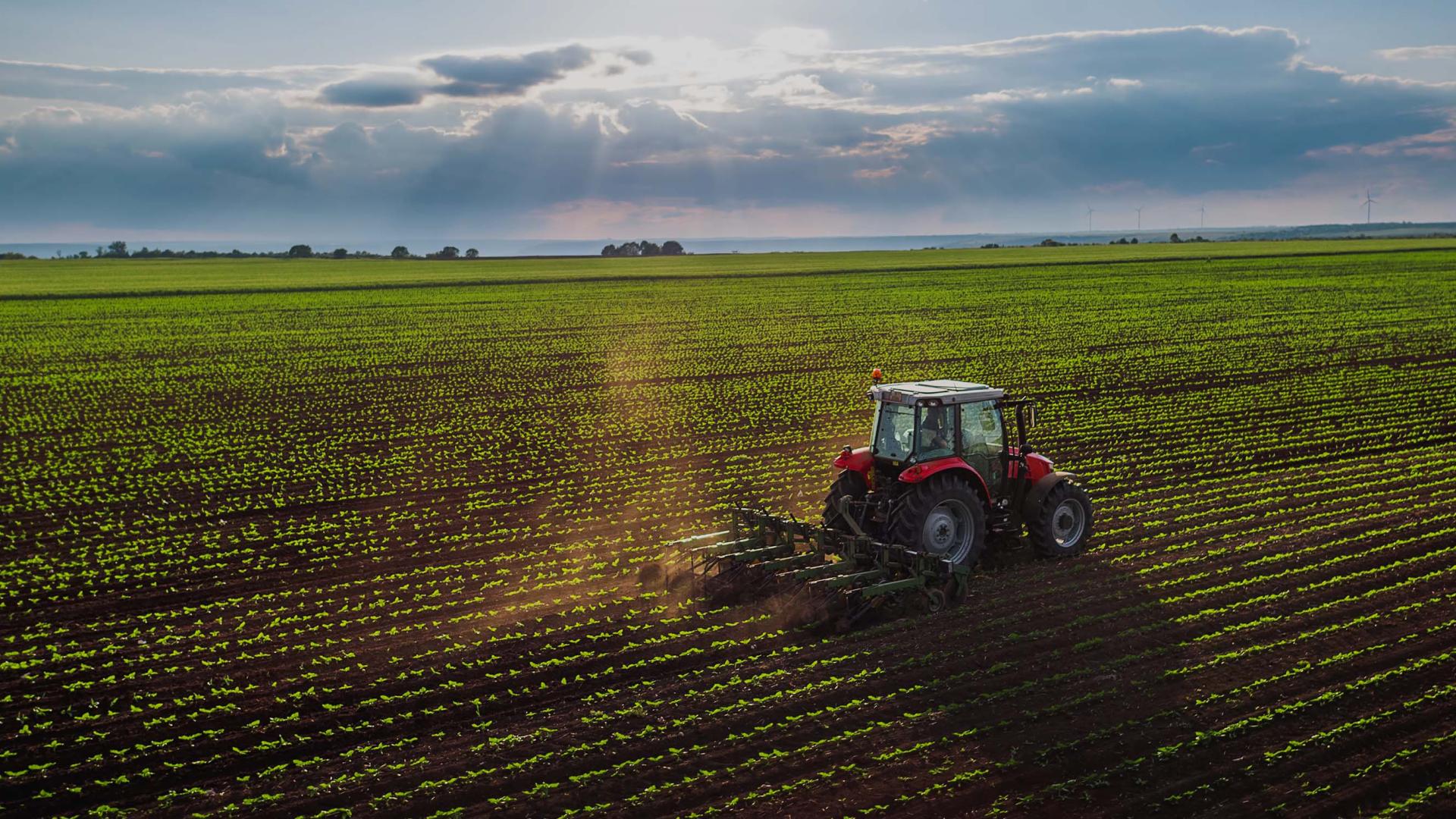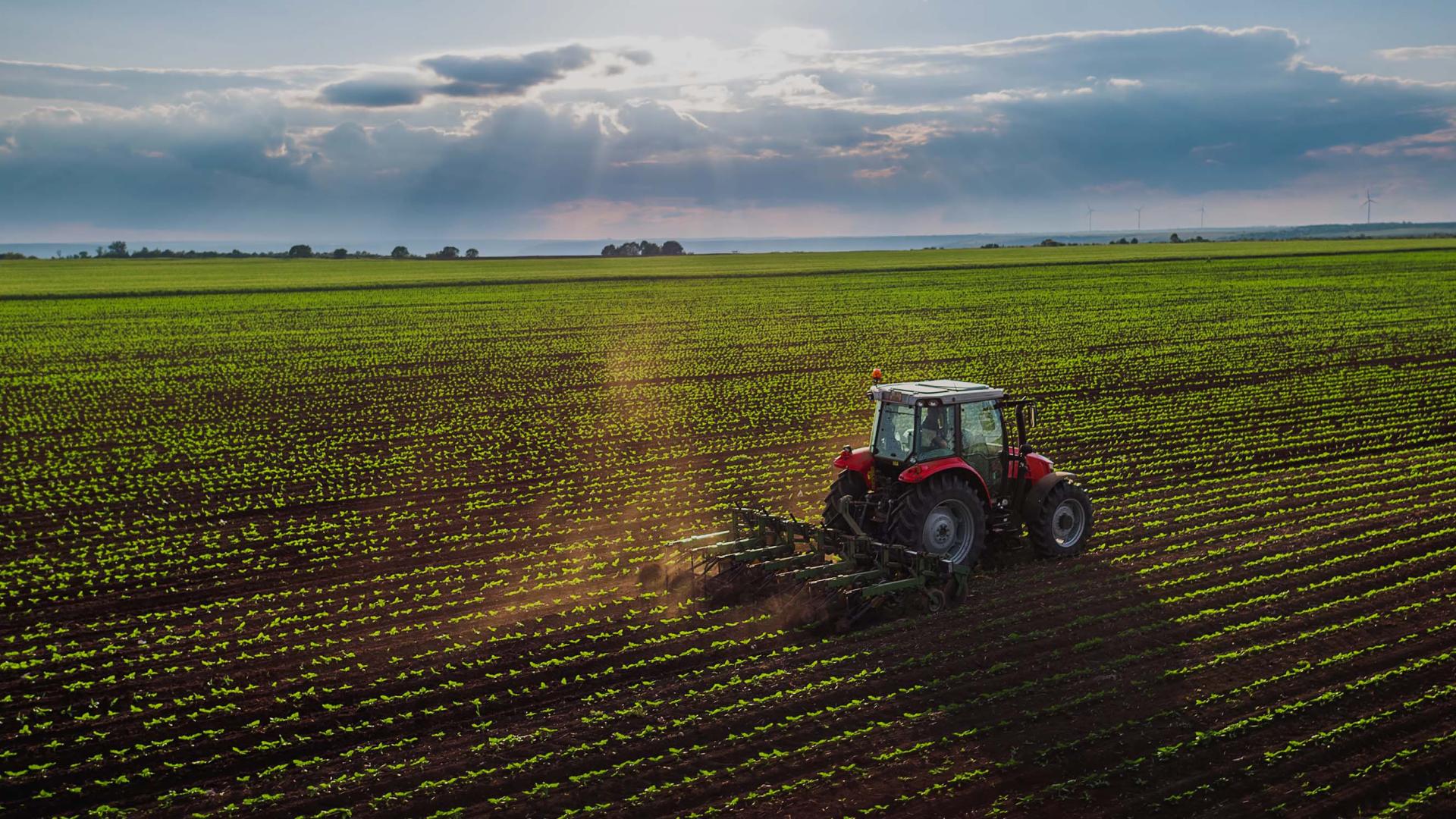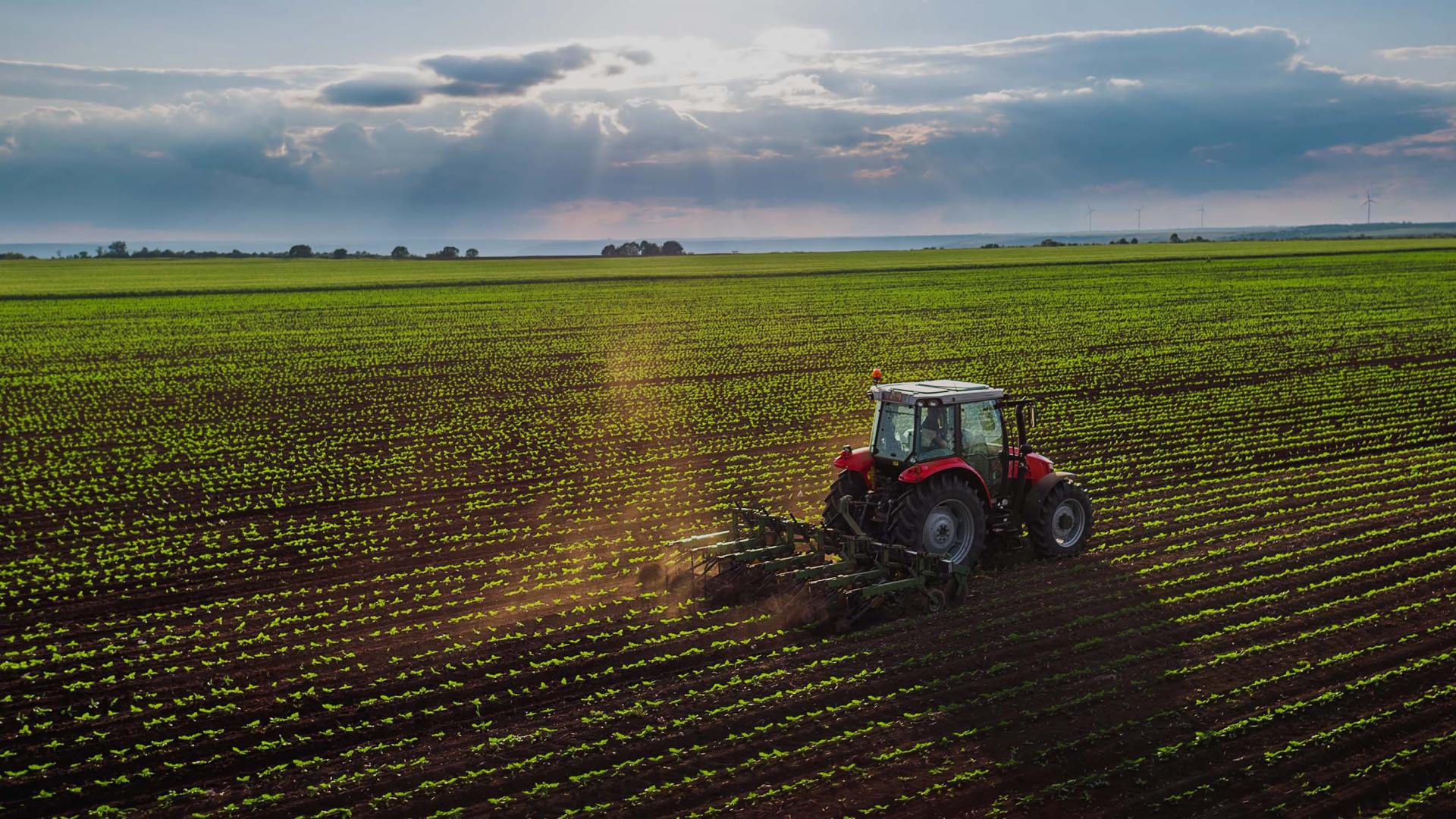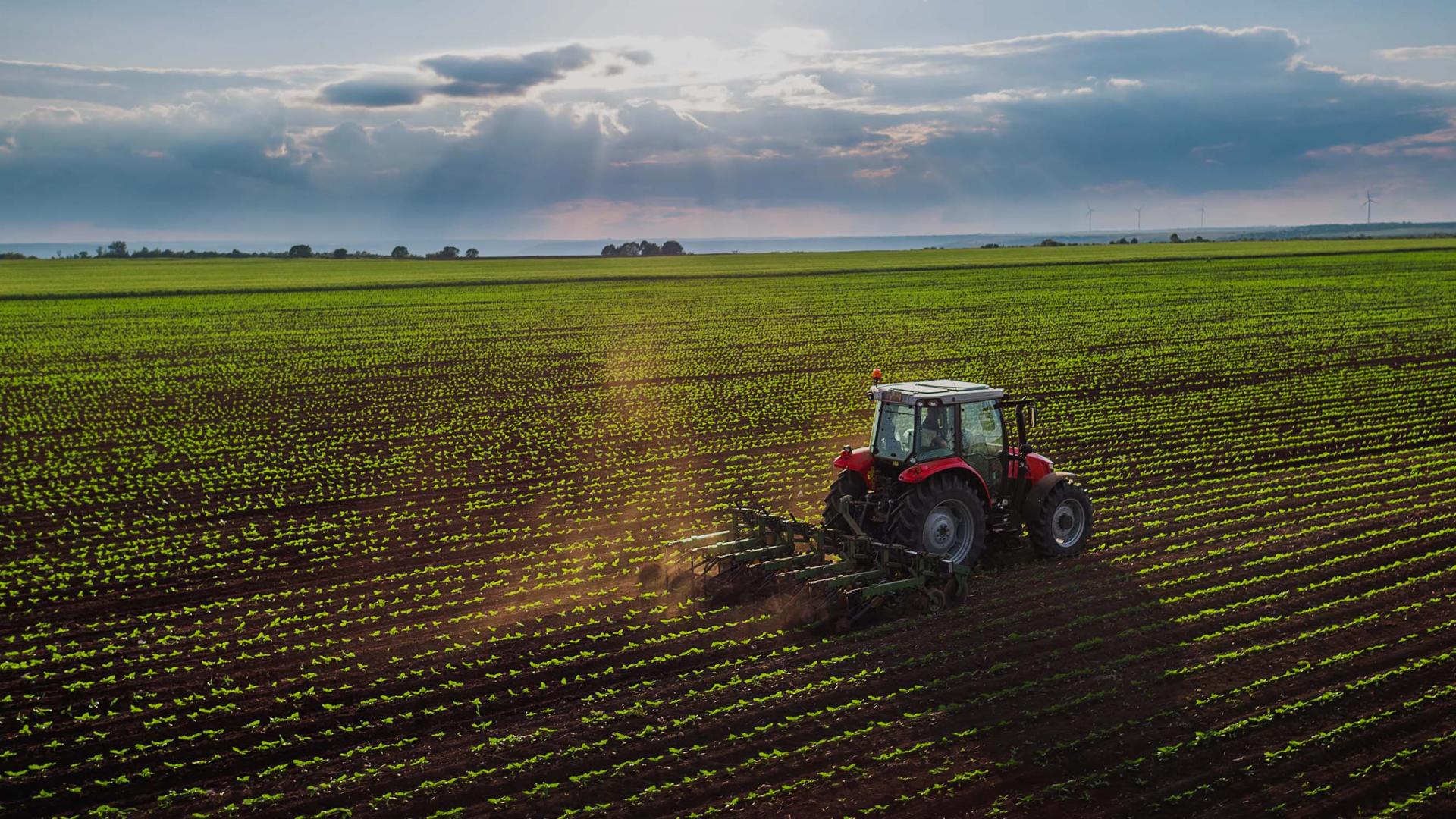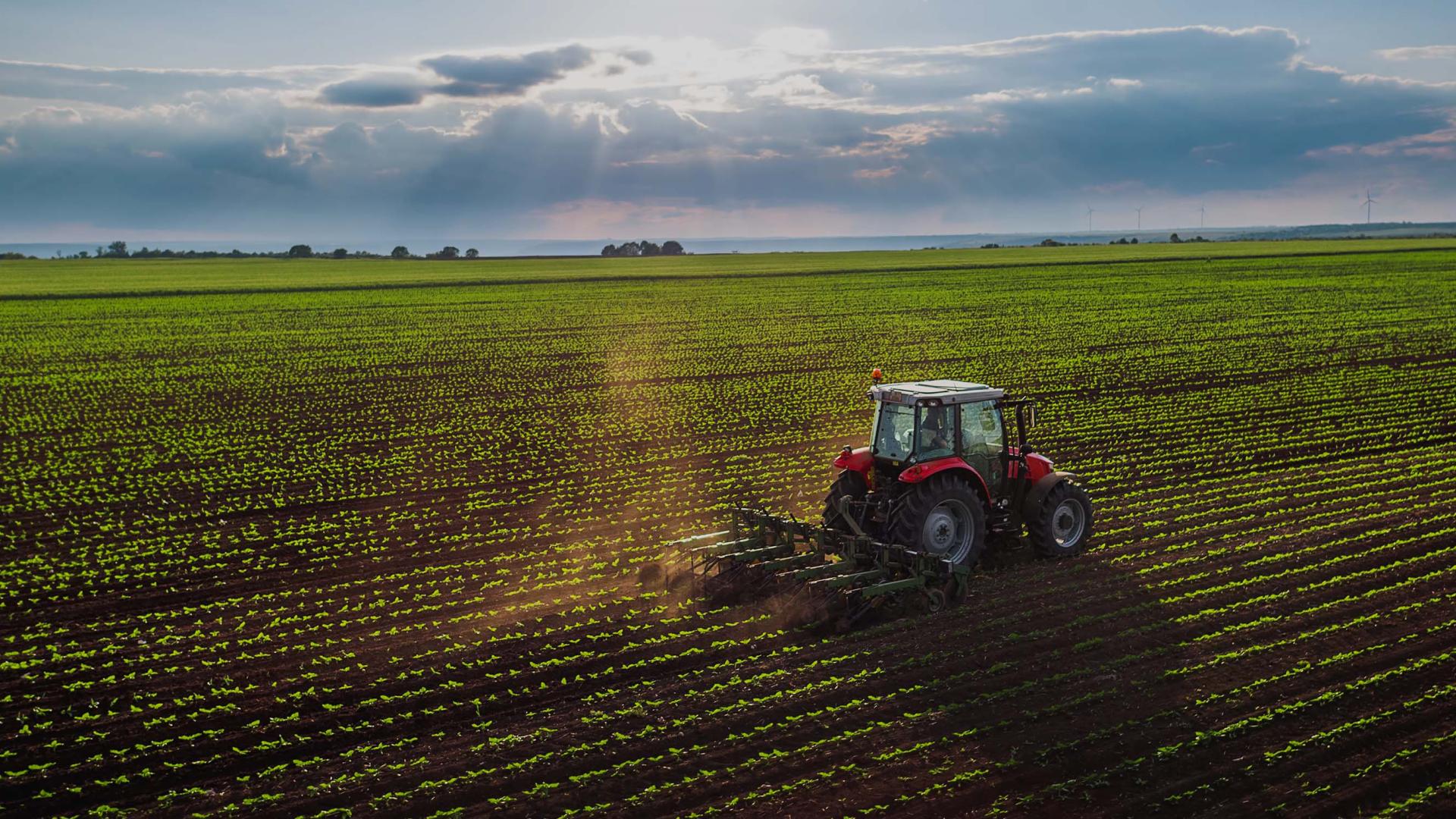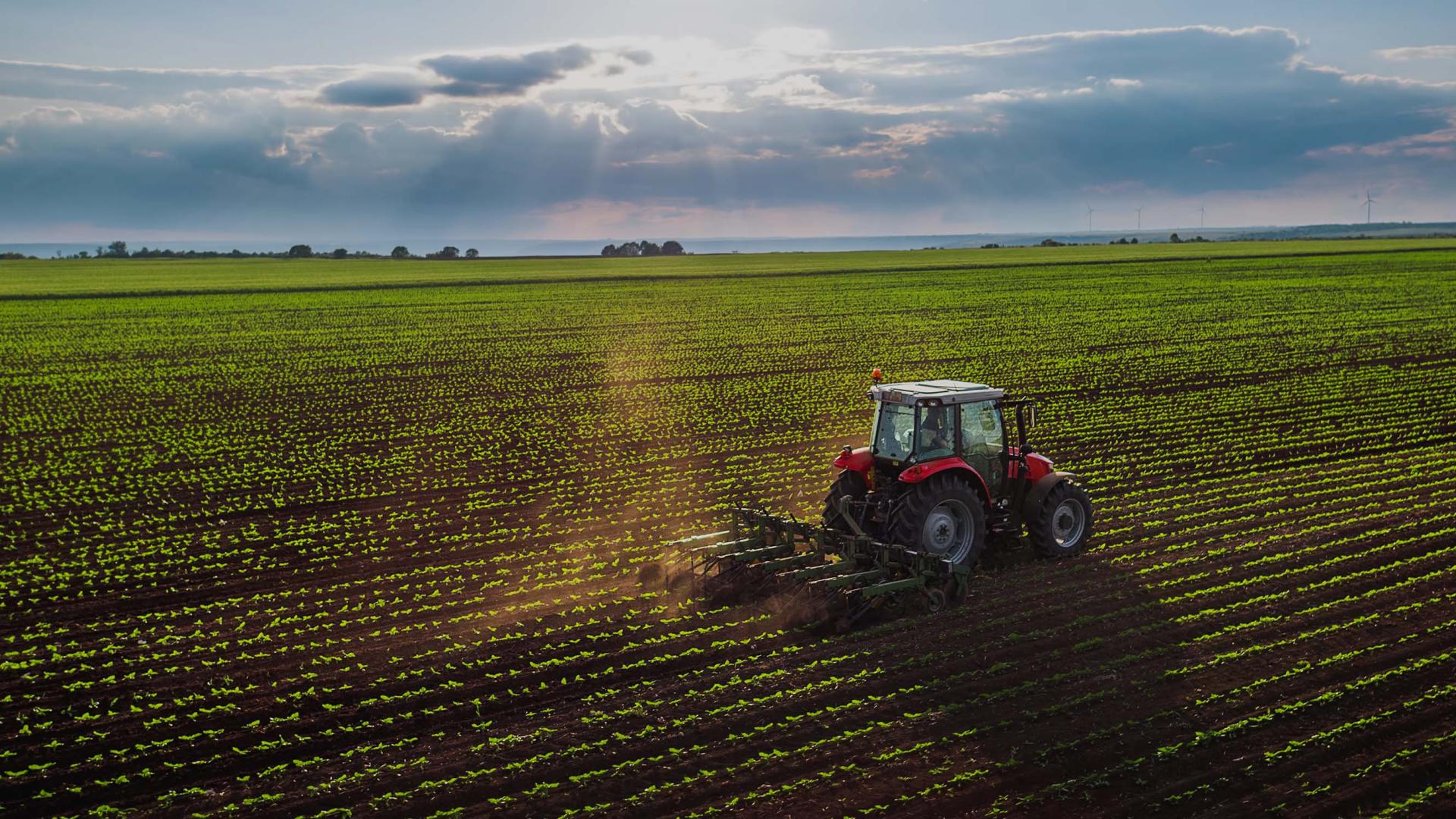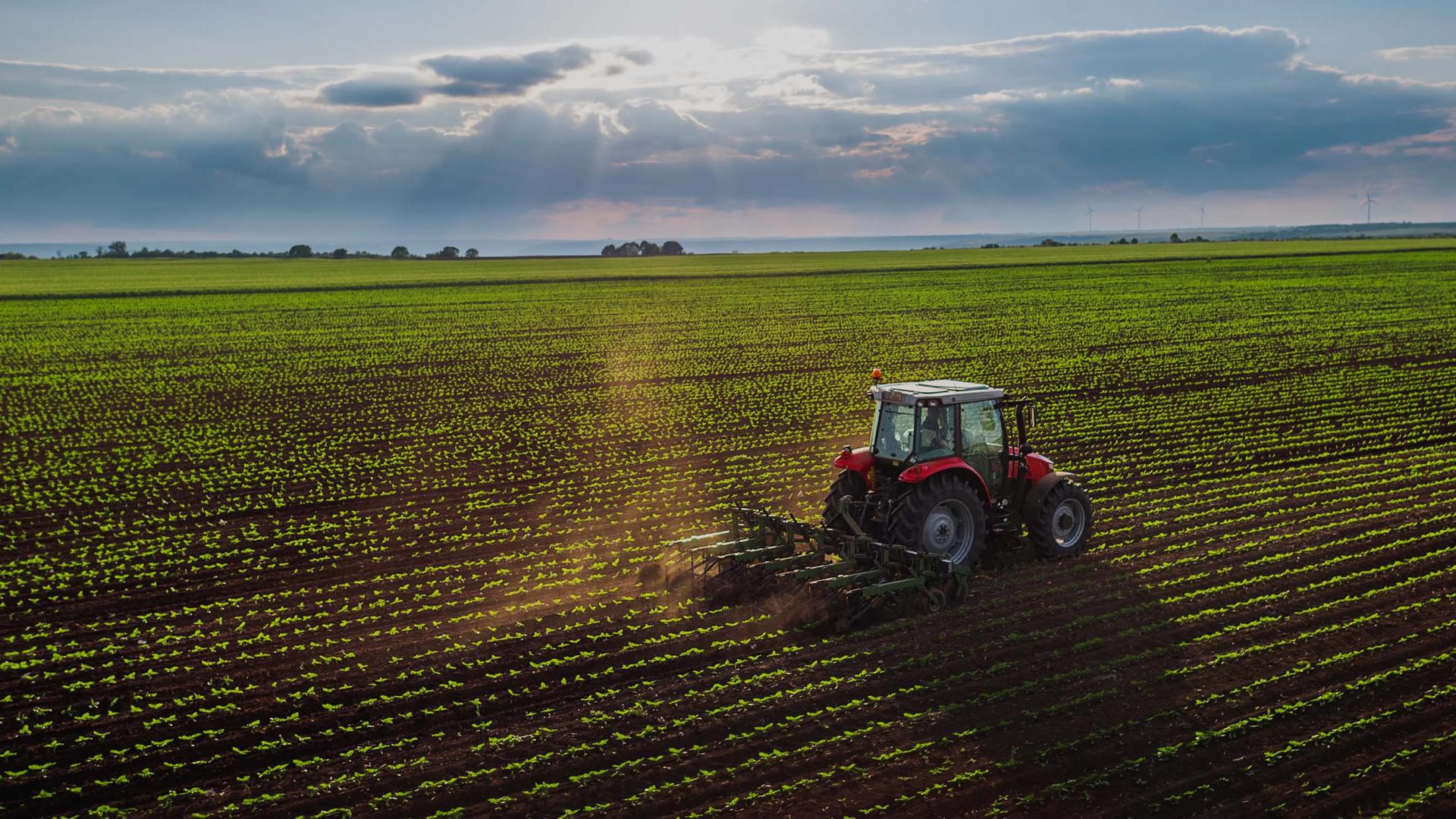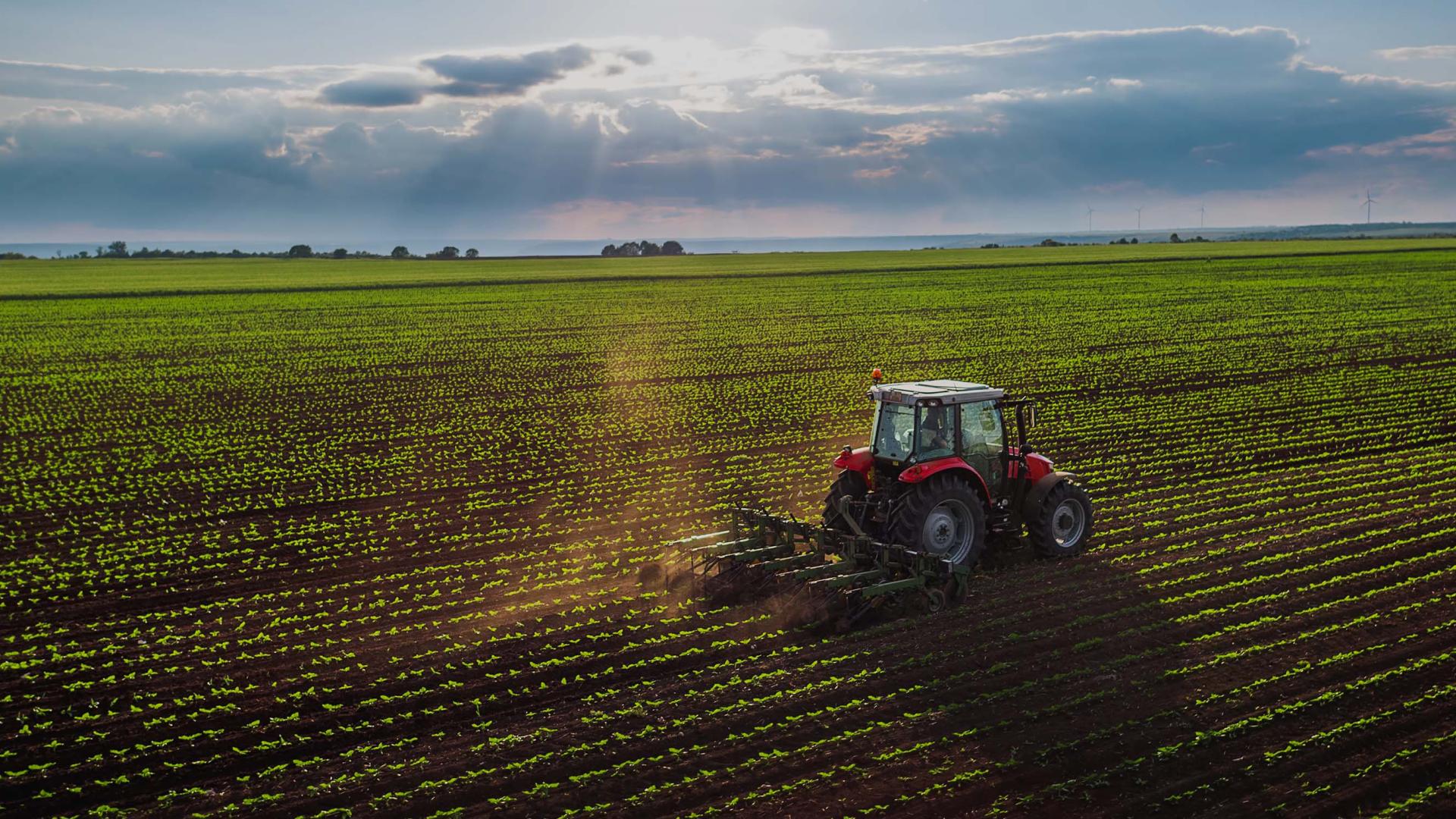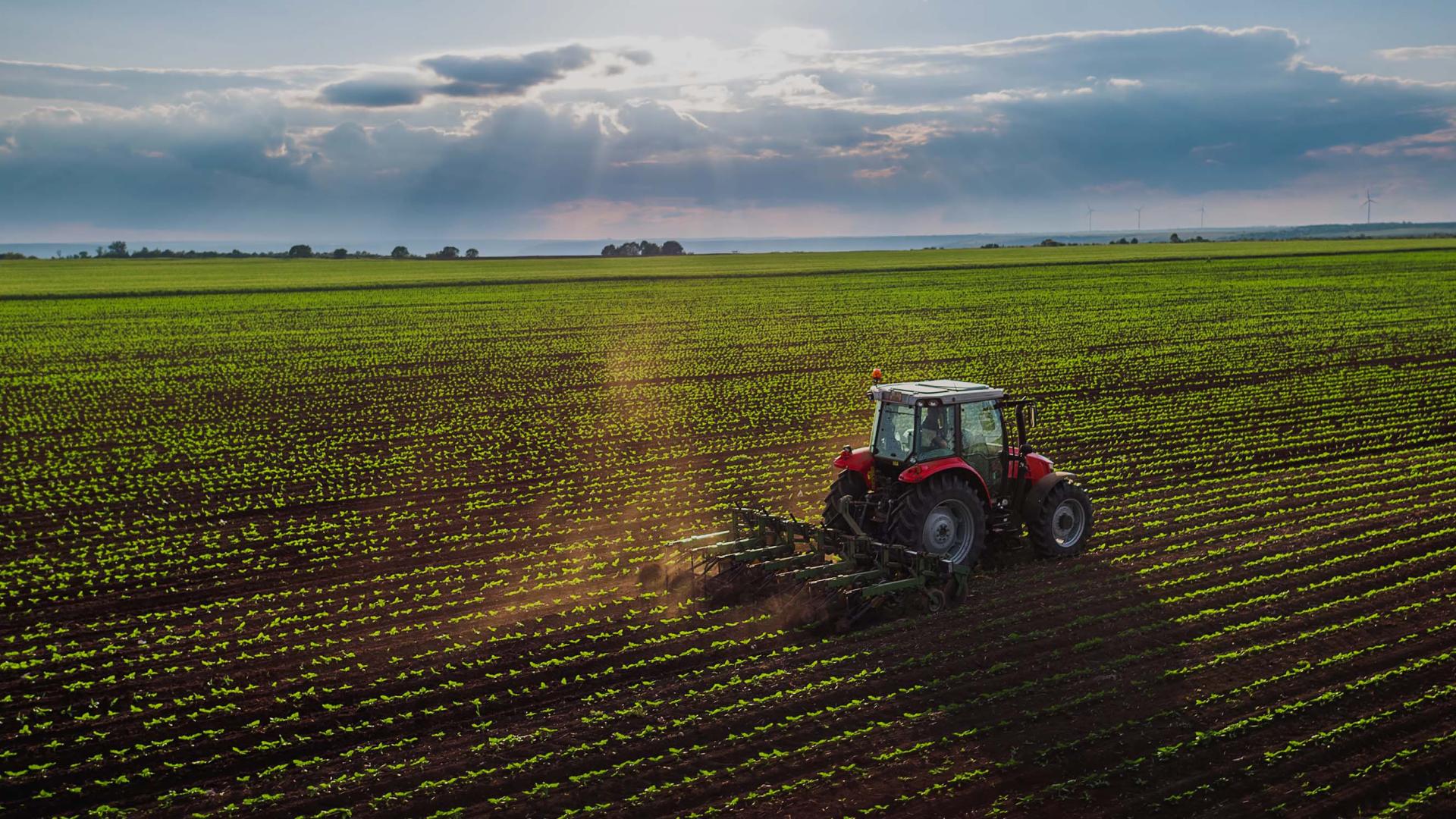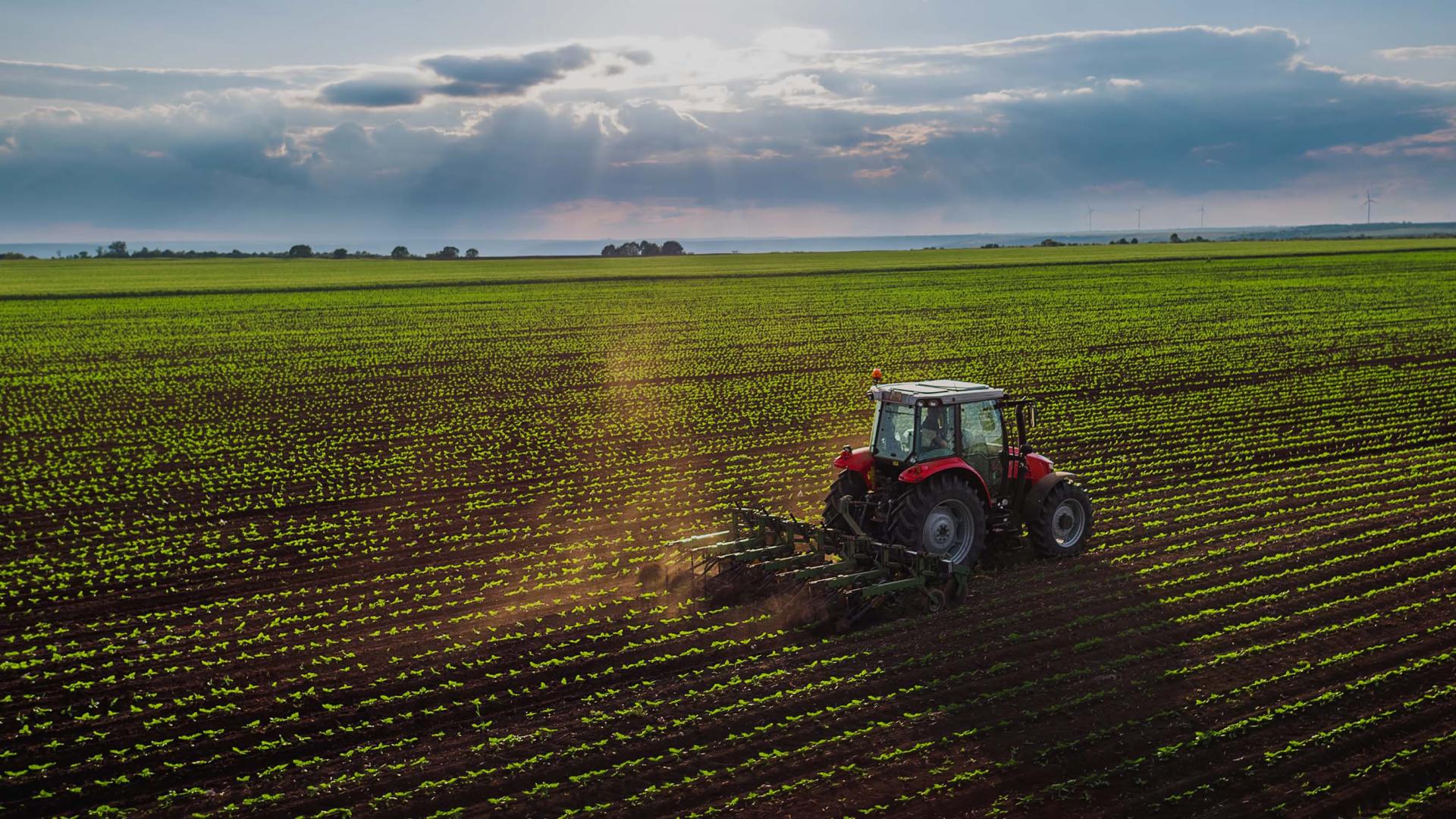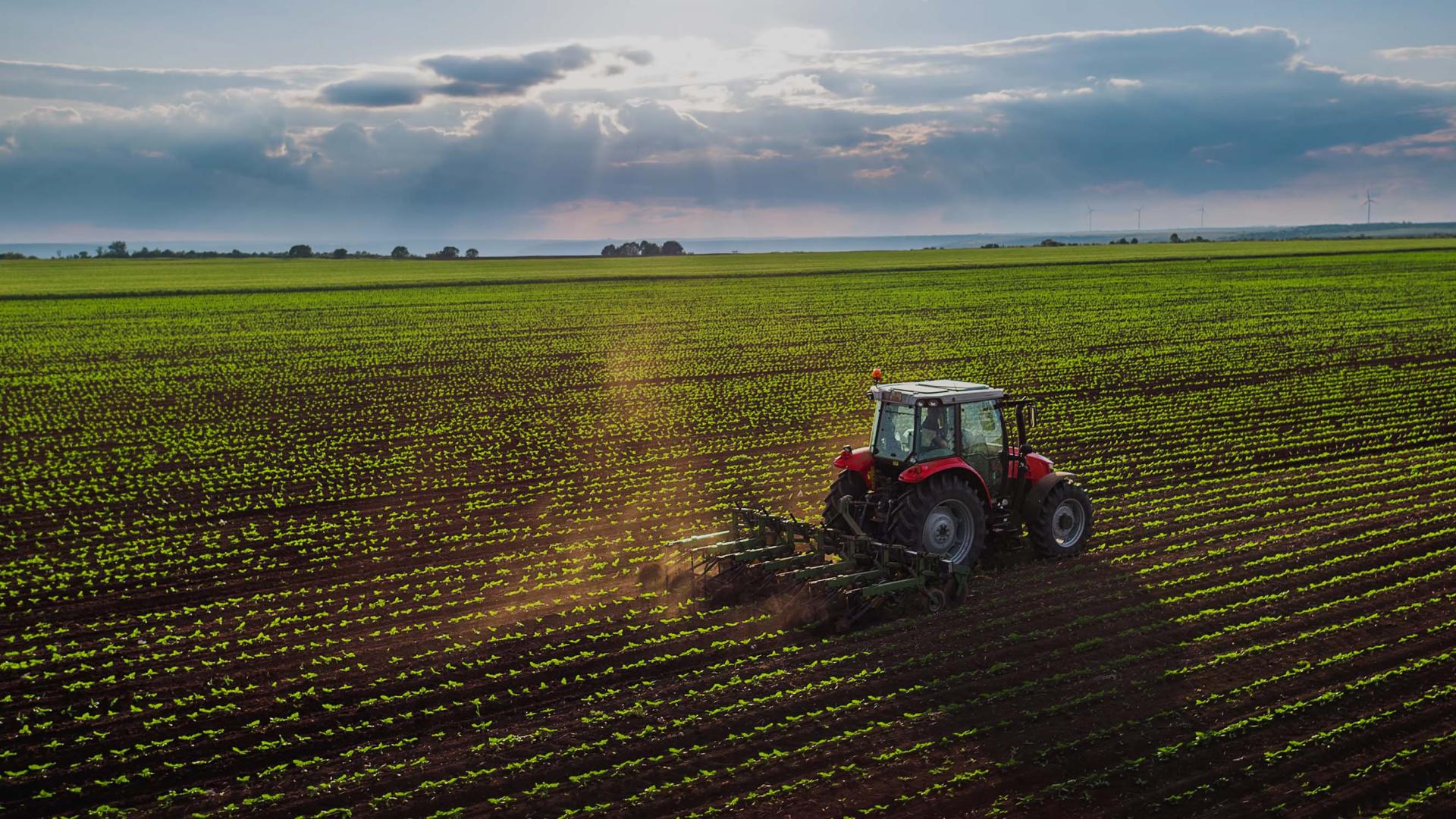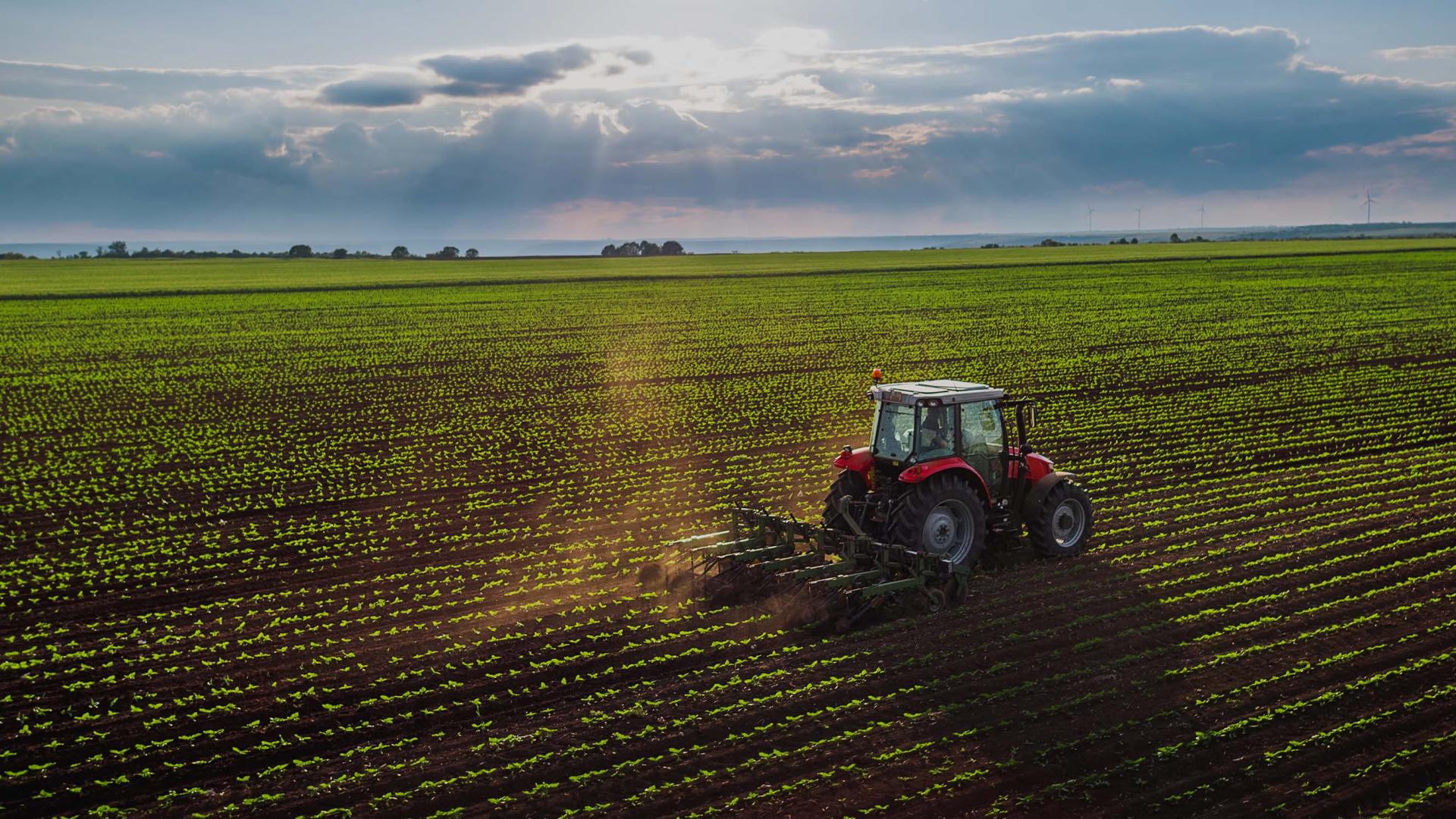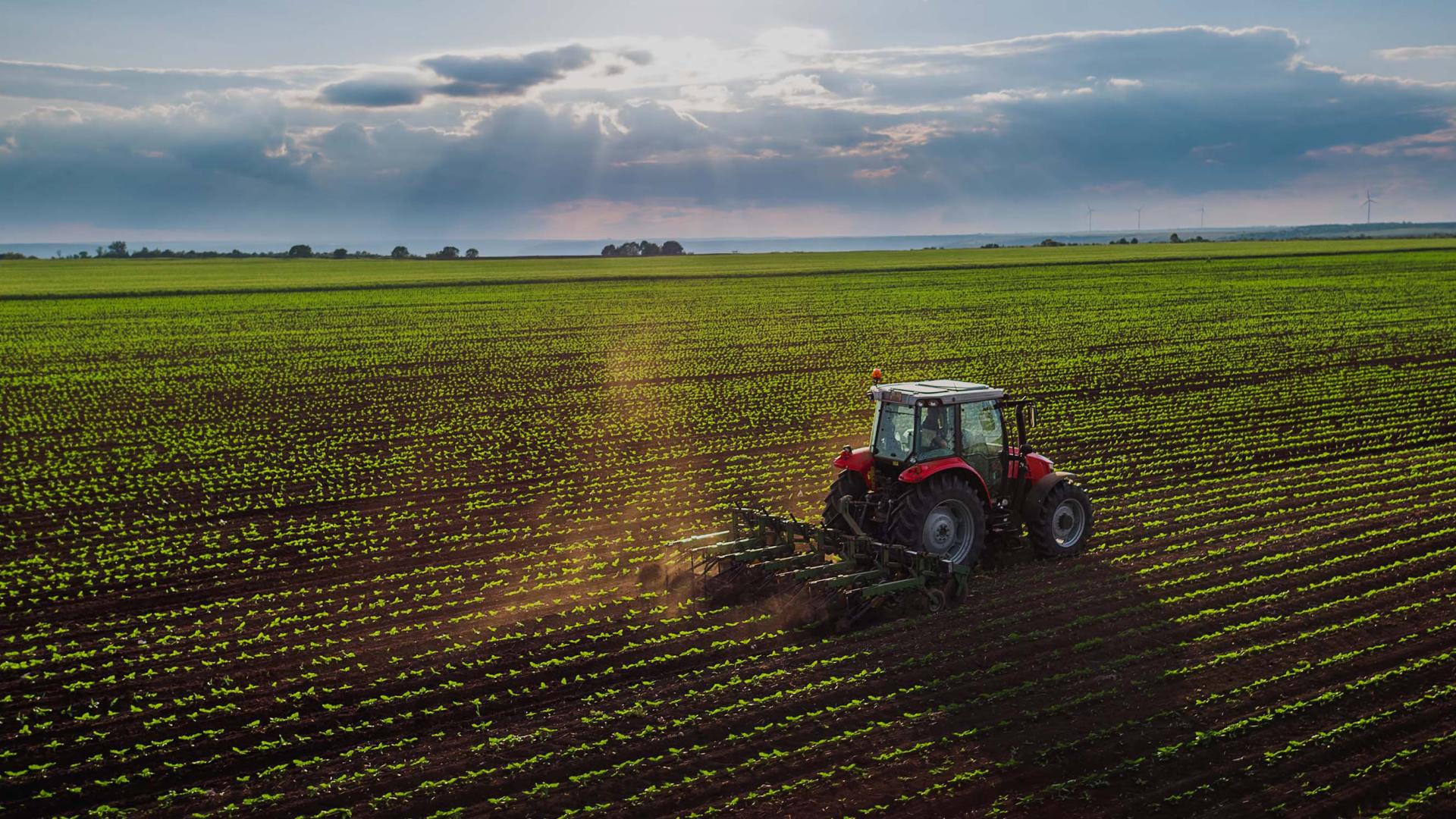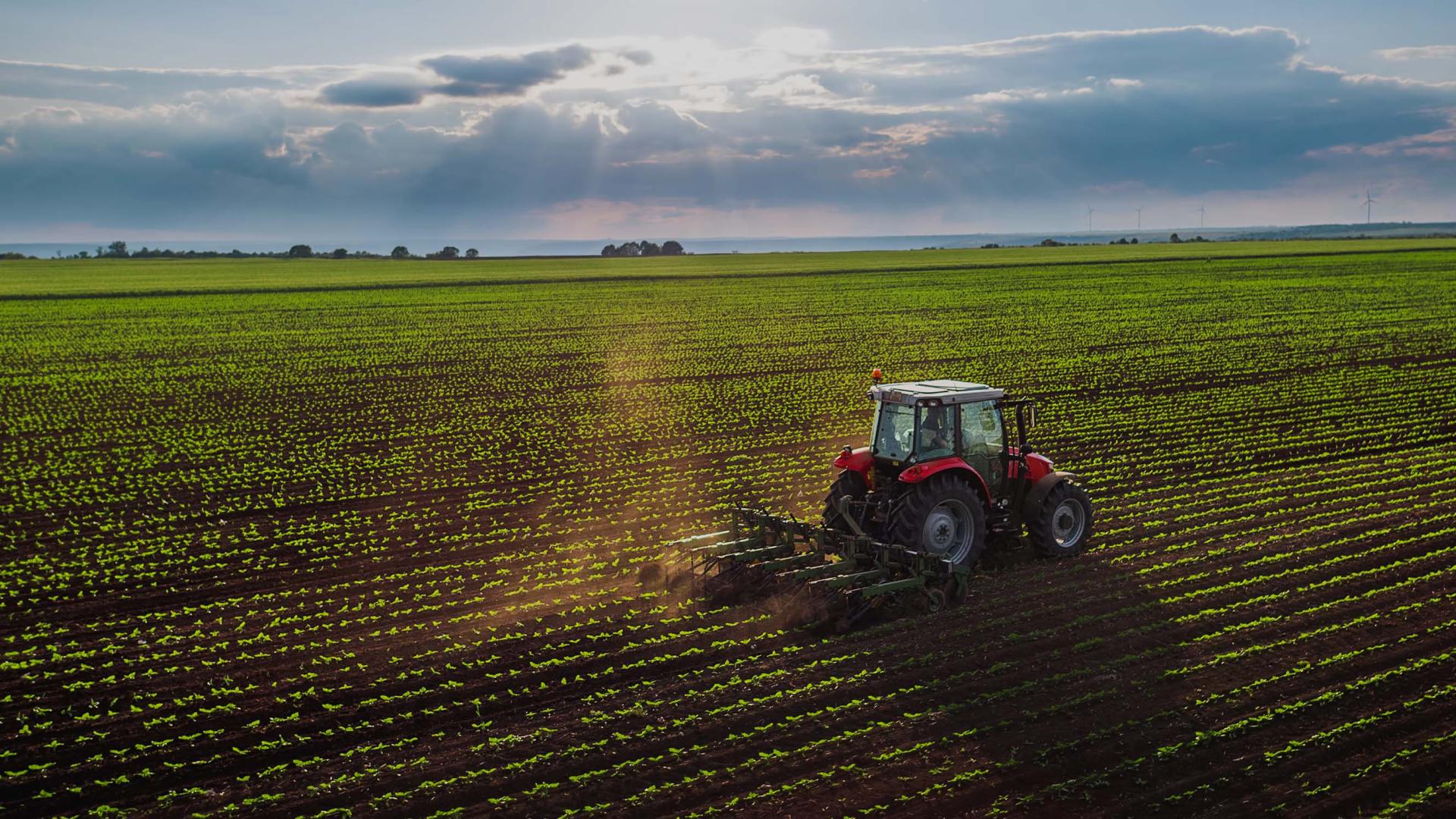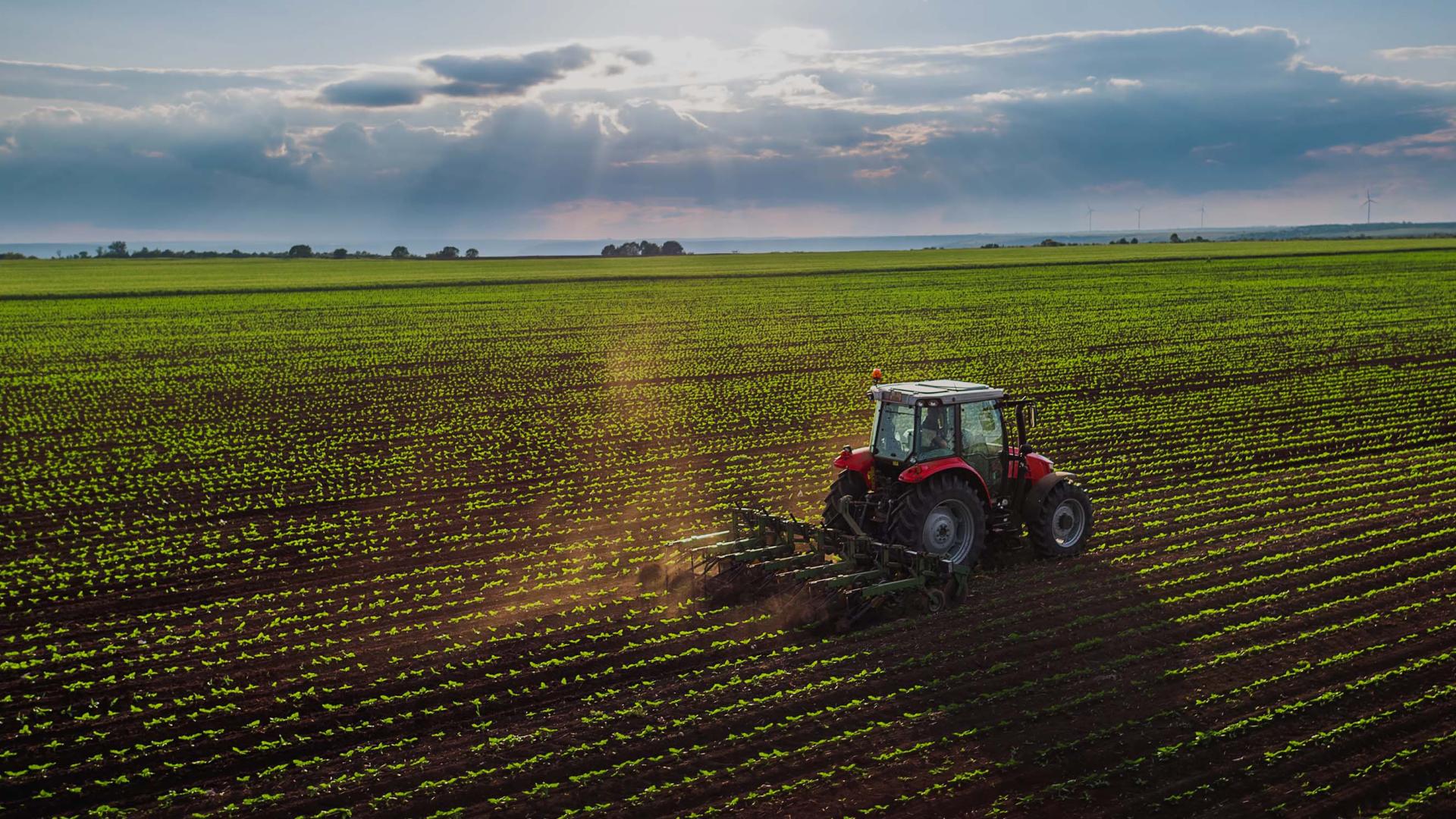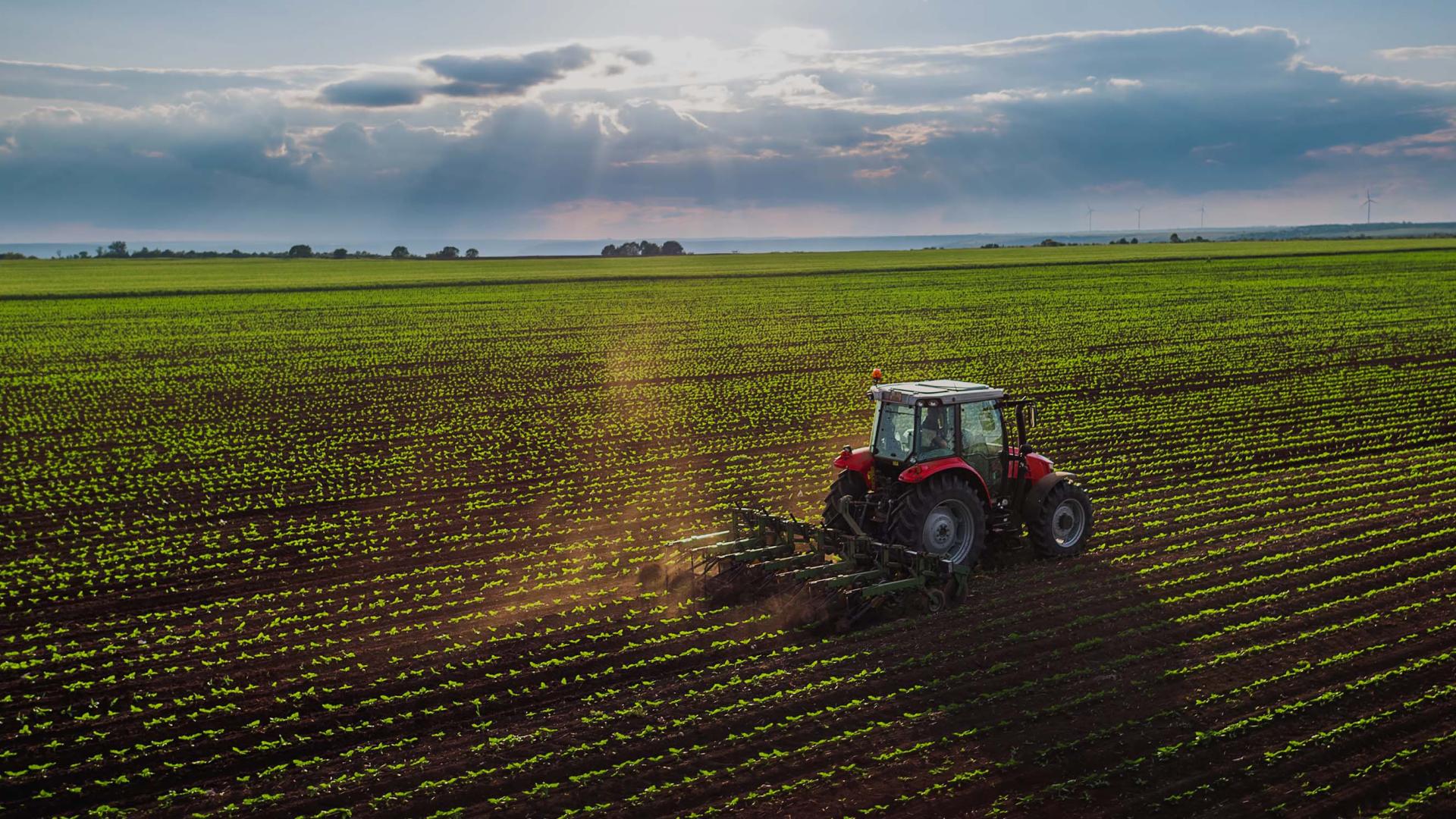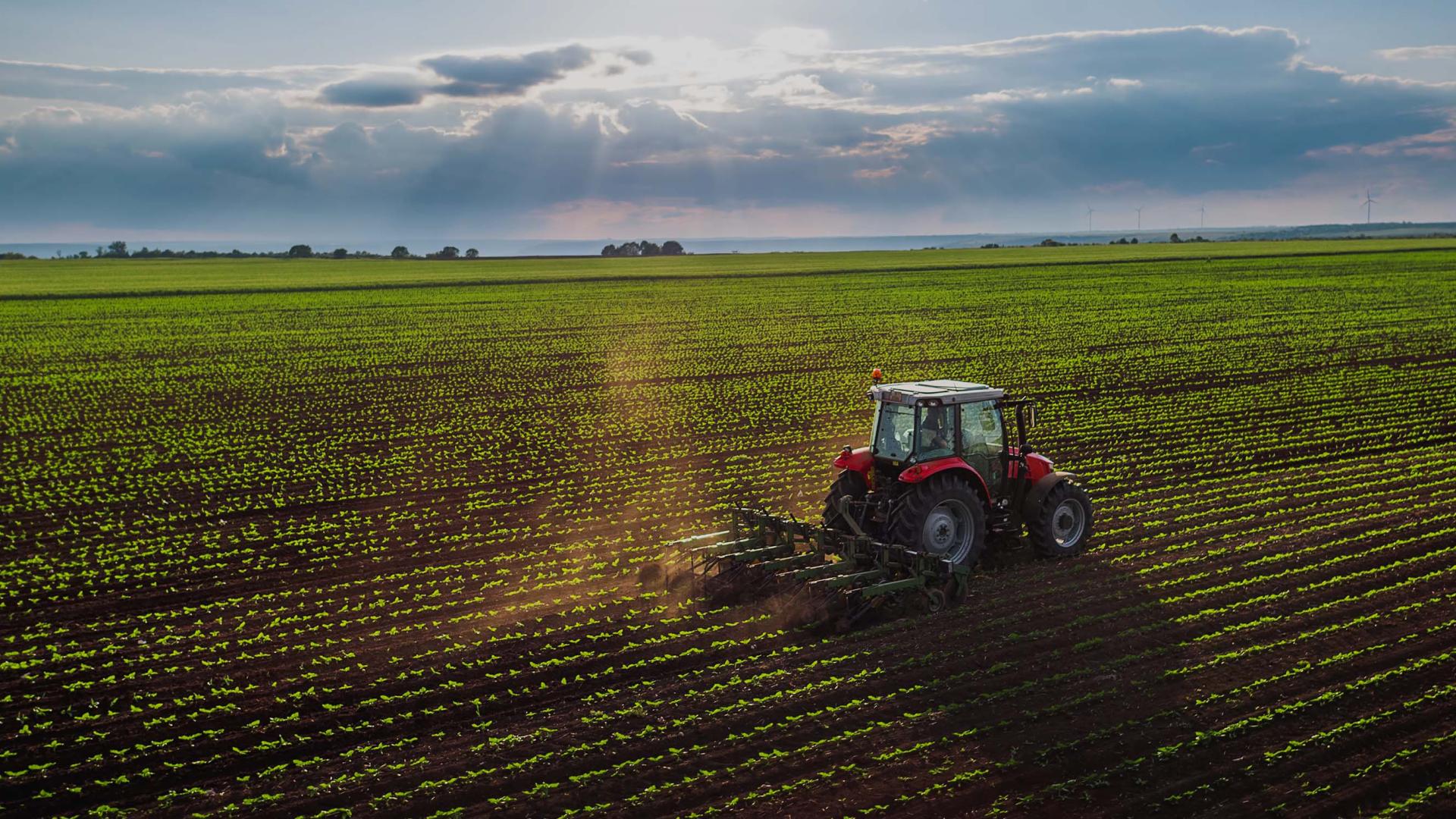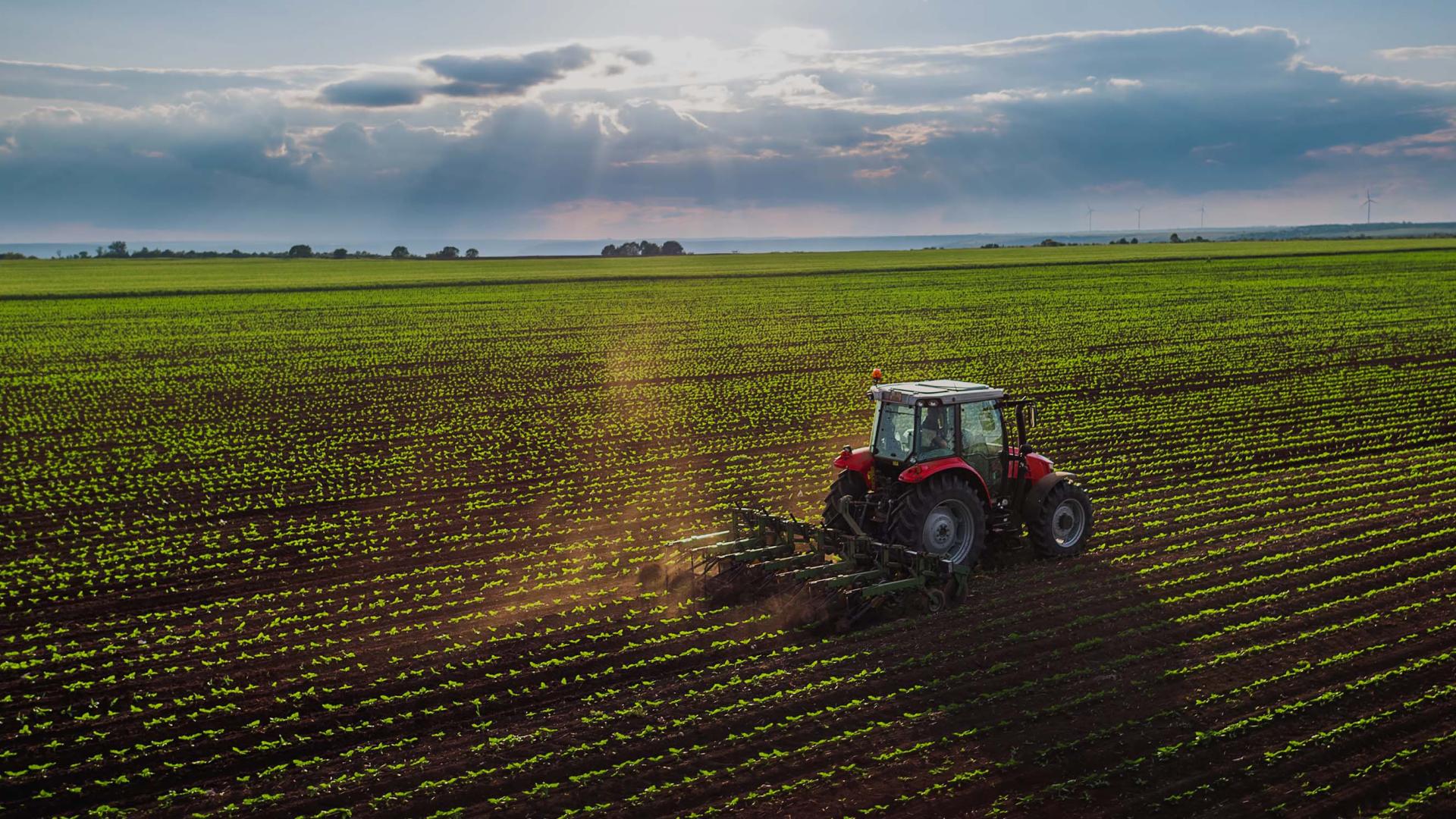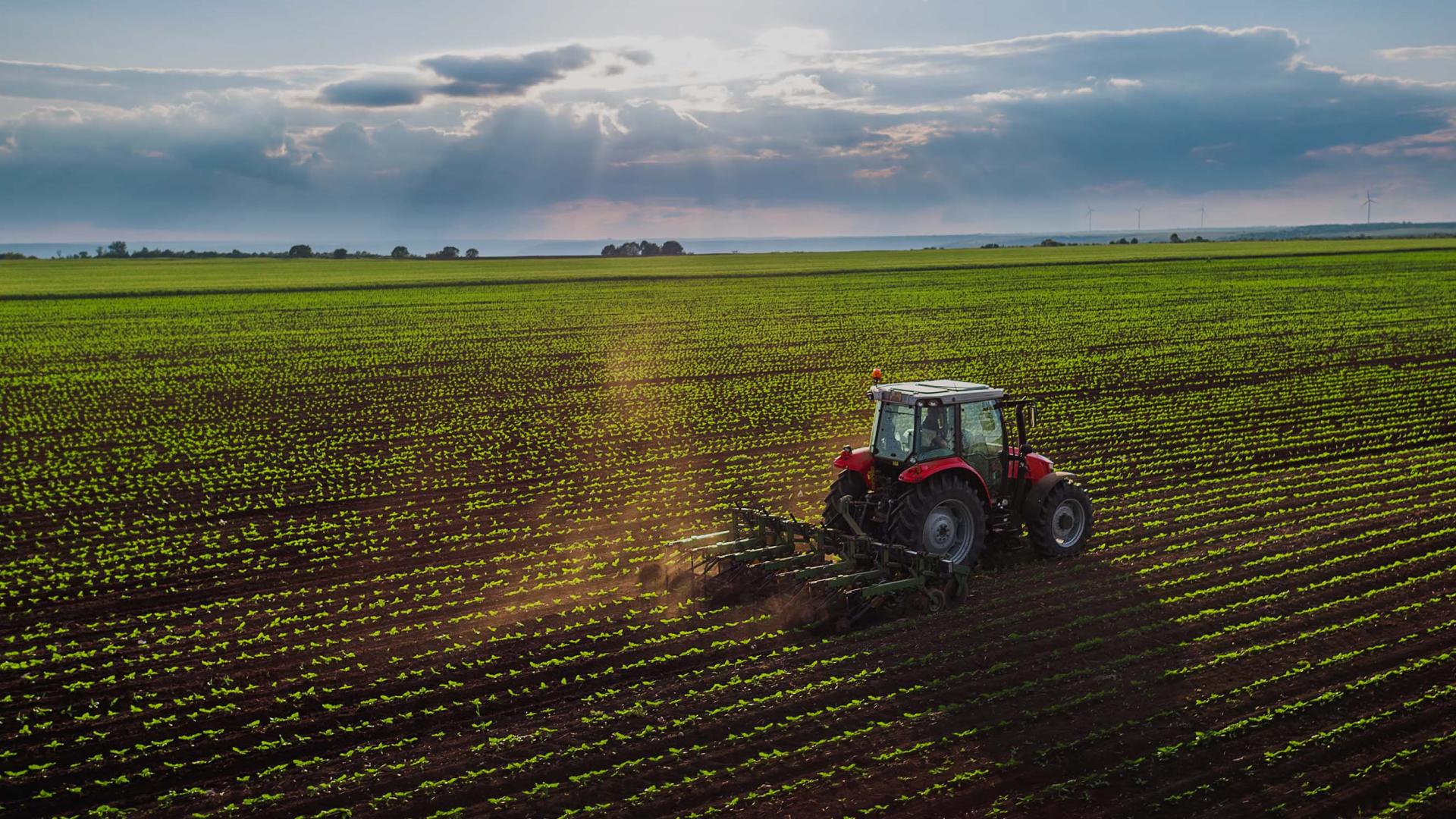Farm shops represent a unique blend of agricultural production and retail commerce, creating distinctive insurance needs that standard business policies often fail to address. Whether you're selling fresh produce, homemade preserves, or locally sourced products, understanding the specific insurance requirements for your farm shop is crucial for protecting your livelihood and investment.
Understanding Farm Shop Insurance Needs
Farm shops face a complex array of risks that span both agricultural and retail sectors. Unlike traditional retail businesses, farm shops deal with perishable goods, seasonal fluctuations, and the dual challenges of production and sales. This unique position requires specialized insurance coverage that addresses everything from crop failure to customer liability.
The insurance landscape for farm shops has evolved significantly as these businesses have grown in popularity. Modern consumers increasingly seek locally sourced, fresh products, driving the expansion of farm shop operations across the UK. However, this growth brings increased exposure to risks that require comprehensive protection.
Core Insurance Coverage for Farm Shops
Public Liability Insurance
Public liability insurance forms the foundation of farm shop protection. With customers regularly visiting your premises, the risk of accidents is ever-present. Whether someone slips on wet floors, is injured by farm equipment, or suffers an allergic reaction to products, public liability coverage protects against compensation claims.
Farm shops present unique public liability challenges. Customers may interact with animals, navigate outdoor areas, or visit during adverse weather conditions. Your coverage must account for these specific scenarios, ensuring protection extends beyond the shop floor to include car parks, outdoor displays, and any areas accessible to the public.
Product Liability Insurance
Product liability coverage is essential for farm shops selling food products, particularly those produced on-site. This insurance protects against claims arising from contaminated products, allergic reactions, or food poisoning incidents. Given the fresh, often unpasteurized nature of many farm shop products, this coverage is particularly crucial.
The scope of product liability extends beyond immediate consumption. If your preserves, baked goods, or processed meats cause illness days or weeks after purchase, you could face significant claims. Comprehensive product liability insurance provides peace of mind and financial protection against such scenarios.
Property Insurance
Farm shop property insurance must cover both the retail premises and associated agricultural buildings. This includes protection for the shop structure, storage facilities, processing areas, and any equipment used in production or retail operations.
Consider the diverse assets requiring protection: refrigeration units, processing equipment, display fixtures, cash registers, and stock. Property insurance should also cover outdoor assets like polytunnels, storage sheds, and vehicle parking areas that form part of your commercial operation.
Stock and Contents Insurance
Stock insurance for farm shops requires careful consideration of product types and seasonal variations. Fresh produce, preserved goods, and processed items each present different risk profiles and storage requirements. Your coverage must account for spoilage, contamination, and seasonal stock fluctuations.
Contents insurance extends beyond stock to include shop fittings, equipment, and furnishings. From refrigeration units to point-of-sale systems, ensuring comprehensive contents coverage protects your operational capacity and customer service capabilities.
Business Interruption Insurance
Business interruption insurance provides crucial protection when events prevent normal trading. For farm shops, this could include contamination incidents, equipment failure, severe weather, or access restrictions due to animal disease outbreaks.
The seasonal nature of farm shop business makes interruption coverage particularly important. Missing peak trading periods like Christmas, Easter, or harvest seasons can devastate annual profits. Comprehensive business interruption insurance helps maintain financial stability during forced closures or reduced trading capacity.
Specialized Considerations for Farm Shops
Food Safety and Hygiene
Farm shops must maintain strict food safety standards, particularly when handling fresh produce and processed goods. Insurance coverage should account for the costs of product recalls, contamination cleanup, and business interruption following food safety incidents.
Environmental health enforcement actions can result in temporary closures and significant financial losses. Ensure your policy covers legal costs and business interruption expenses arising from food safety investigations or enforcement proceedings.
Seasonal Trading Patterns
Many farm shops experience significant seasonal variations in trade, from summer fruit sales to Christmas specialty products. Your insurance coverage should reflect these patterns, ensuring adequate protection during peak trading periods while avoiding over-insurance during quieter months.
Seasonal staff requirements also impact insurance needs. Employers' liability coverage must account for temporary workers, volunteers, and family members who may assist during busy periods. Ensure your policy provides adequate protection for all individuals working on your premises.
Agricultural Integration
Farm shops often operate alongside active farming operations, creating unique risk interactions. Contamination from agricultural activities, shared access routes, and integrated supply chains require specialized insurance consideration.
The relationship between farming and retail operations affects coverage requirements. Ensure your insurance provider understands the integrated nature of your business and provides appropriate protection for both agricultural and retail activities.
Risk Assessment for Farm Shops
Customer Safety Risks
Farm shop environments present diverse customer safety challenges. Uneven surfaces, agricultural machinery, animal presence, and weather exposure all contribute to potential liability claims. Regular risk assessments help identify and mitigate these hazards while informing insurance coverage decisions.
Consider the customer journey from arrival to departure. Car park safety, entrance accessibility, shop floor hazards, and exit routes all require attention. Comprehensive risk management reduces claim likelihood while demonstrating due diligence to insurance providers.
Product Contamination Risks
Fresh produce and processed goods face contamination risks from multiple sources. Cross-contamination between products, environmental contamination, and processing hygiene failures can result in significant claims and business disruption.
Implementing robust food safety procedures reduces contamination risks while supporting insurance claims. Document your procedures, maintain temperature records, and ensure staff training meets industry standards. These measures demonstrate risk management commitment to insurance providers.
Theft and Security Risks
Farm shops often operate in rural locations with limited security infrastructure. Cash handling, valuable equipment, and accessible locations create theft risks requiring appropriate insurance protection and security measures.
Consider both opportunistic theft and organized criminal activity. Seasonal produce, expensive equipment, and cash sales all present attractive targets. Comprehensive security measures and appropriate insurance coverage provide essential protection.
Choosing the Right Insurance Provider
Industry Expertise
Select insurance providers with demonstrated farm shop expertise. Generic commercial insurance may not address the unique risks and requirements of agricultural retail operations. Specialist providers understand your business model and can tailor coverage accordingly.
Look for providers with agricultural insurance experience who understand the integration between farming and retail activities. This expertise ensures appropriate coverage design and claims handling that recognizes your business's unique characteristics.
Coverage Flexibility
Farm shop operations evolve with seasons, market demands, and business growth. Choose insurance providers offering flexible coverage that can adapt to changing circumstances without compromising protection or creating coverage gaps.
Seasonal adjustments, temporary activities, and business expansion should be accommodated within your insurance framework. Discuss these requirements with potential providers to ensure long-term coverage suitability.
Claims Support
Effective claims handling is crucial for farm shop insurance. Look for providers with strong claims support, rapid response capabilities, and understanding of agricultural retail time pressures. Quick resolution minimizes business disruption and financial impact.
Consider the provider's approach to contamination incidents, product recalls, and business interruption claims. These scenarios require specialized handling and industry knowledge to achieve optimal outcomes.
Cost Factors and Premium Considerations
Risk Profile Assessment
Insurance premiums reflect your farm shop's specific risk profile. Factors including location, product types, customer volumes, and safety procedures all influence pricing. Understanding these factors helps optimize coverage while managing costs.
Demonstrate strong risk management through documented procedures, staff training, and safety measures. Insurance providers recognize proactive risk management with more favorable premium rates and coverage terms.
Coverage Limits and Deductibles
Balance coverage limits with premium costs by carefully assessing potential exposure levels. Under-insurance creates financial risk, while excessive coverage wastes resources. Work with experienced brokers to determine appropriate coverage levels.
Deductible levels significantly impact premium costs. Higher deductibles reduce premiums but increase out-of-pocket expenses for claims. Consider your cash flow capacity and claim frequency when selecting deductible levels.
Multi-Policy Discounts
Many farm shops can benefit from combining various insurance policies with single providers. Bundling public liability, property, and vehicle insurance often generates significant premium savings while simplifying administration.
Explore package policies designed specifically for farm shops. These comprehensive solutions often provide better coverage coordination and cost efficiency compared to separate policies from multiple providers.
Legal and Regulatory Compliance
Food Safety Regulations
Farm shops must comply with comprehensive food safety regulations covering production, storage, and retail activities. Insurance coverage should support compliance efforts and provide protection against regulatory enforcement actions.
Environmental health requirements, allergen labeling, and traceability obligations create potential liability exposures. Ensure your insurance coverage addresses regulatory compliance costs and business interruption from enforcement actions.
Health and Safety Requirements
Workplace health and safety regulations apply to both retail and agricultural aspects of farm shop operations. Employers' liability insurance must provide adequate protection while supporting compliance with safety requirements.
Regular safety training, risk assessments, and incident reporting demonstrate compliance commitment. These activities reduce claim likelihood while supporting insurance coverage and premium negotiations.
Planning and Licensing
Farm shops often require specific planning permissions and licenses for retail operations. Insurance coverage should protect against business interruption from licensing issues or planning enforcement actions.
Changes in planning regulations or licensing requirements can impact business operations. Discuss these risks with insurance providers to ensure appropriate protection against regulatory changes.
Technology and Modern Farm Shops
Point of Sale Systems
Modern farm shops increasingly rely on electronic point-of-sale systems, online ordering, and digital payment processing. Equipment insurance must cover these technological assets while cyber insurance protects against data breaches and system failures.
Technology failures can severely impact customer service and sales processing. Business interruption coverage should account for technology-related disruptions and the costs of temporary alternative systems.
Online Sales Integration
Many farm shops now offer online sales and delivery services, expanding their risk profile beyond traditional retail operations. Insurance coverage must extend to delivery activities, online transactions, and digital marketing activities.
Product liability coverage becomes more complex with online sales, particularly for perishable goods requiring temperature control during delivery. Ensure your insurance addresses these extended distribution risks.
Social Media and Marketing
Digital marketing and social media presence create new liability exposures through content publication and customer interaction. Professional indemnity coverage may be necessary to protect against marketing-related claims.
Customer reviews and social media interactions can impact reputation and business performance. Consider coverage for reputation management and crisis communication following negative publicity or incidents.
Seasonal Considerations and Peak Trading
Christmas and Holiday Periods
Peak trading periods like Christmas generate increased customer volumes, extended hours, and additional product lines. Insurance coverage must accommodate these temporary increases in exposure and activity levels.
Seasonal staff, extended premises use, and increased stock levels all impact insurance requirements. Notify your insurance provider of significant seasonal changes to ensure adequate protection during peak periods.
Harvest and Production Seasons
Farm shops closely tied to agricultural production face concentrated risks during harvest and processing seasons. Equipment failures, weather damage, and production delays can significantly impact annual performance.
Business interruption coverage becomes particularly important during production seasons when equipment failures or contamination incidents can affect the entire year's output and sales potential.
Weather-Related Risks
Extreme weather events can impact both agricultural production and retail operations. From flooding and storms to drought and frost, weather risks require comprehensive insurance consideration.
Climate change increases weather-related risk frequency and severity. Ensure your insurance coverage reflects current weather patterns and provides adequate protection against increasingly common extreme events.
Future-Proofing Your Farm Shop Insurance
Business Growth Planning
Farm shop insurance should accommodate planned business expansion, new product lines, and additional services. Discuss growth plans with insurance providers to ensure coverage can adapt without creating protection gaps.
Consider the insurance implications of diversification into areas like farm tours, educational visits, or event hosting. These activities create new liability exposures requiring specialized coverage consideration.
Regulatory Changes
Food safety, environmental, and planning regulations continue evolving. Insurance coverage should provide protection against compliance costs and business disruption from regulatory changes.
Stay informed about regulatory developments affecting farm shops and discuss implications with insurance providers. Proactive coverage adjustments prevent protection gaps from regulatory changes.
Market Evolution
Consumer preferences, distribution methods, and competition continue evolving in the farm shop sector. Insurance coverage should support business adaptation while protecting against emerging risks.
Consider how market changes might affect your risk profile and insurance needs. Regular coverage reviews ensure protection remains appropriate as your business and the market evolve.
Conclusion
Farm shop insurance requires specialized understanding of the unique risks facing agricultural retail operations. From product liability and contamination risks to seasonal trading patterns and regulatory compliance, comprehensive coverage must address the full spectrum of potential exposures.
Successful farm shop insurance combines appropriate coverage levels with proactive risk management and experienced provider support. By understanding your specific risks and working with knowledgeable insurance professionals, you can protect your investment while supporting business growth and customer service excellence.
The investment in comprehensive farm shop insurance provides essential protection for your livelihood while demonstrating professional commitment to customers and suppliers. In an increasingly complex business environment, appropriate insurance coverage forms the foundation for sustainable farm shop success.
Regular insurance reviews ensure coverage remains appropriate as your business evolves and grows. By maintaining comprehensive protection and strong risk management practices, farm shops can focus on serving customers and building successful agricultural retail enterprises.


 0330 127 2333
0330 127 2333
